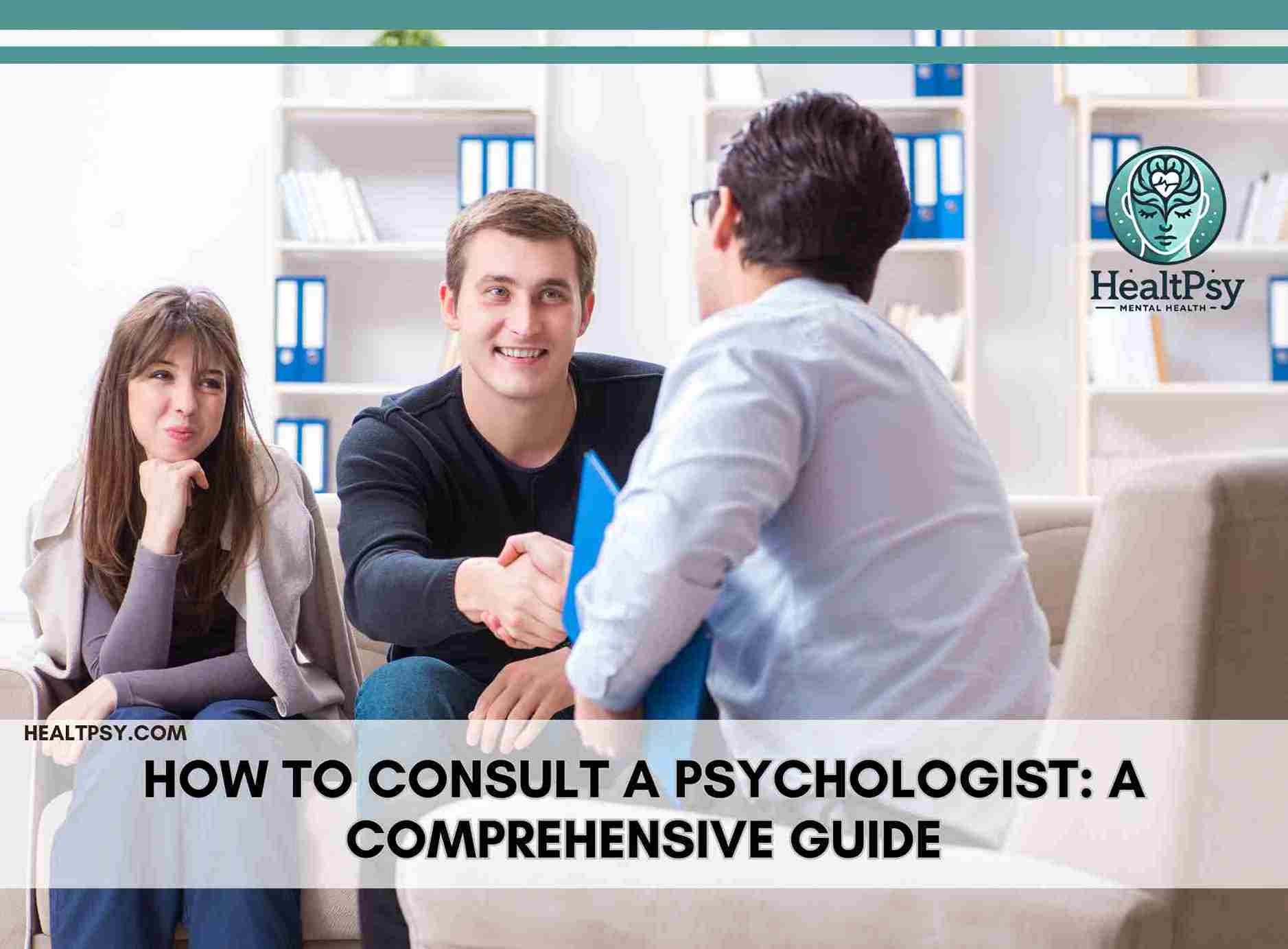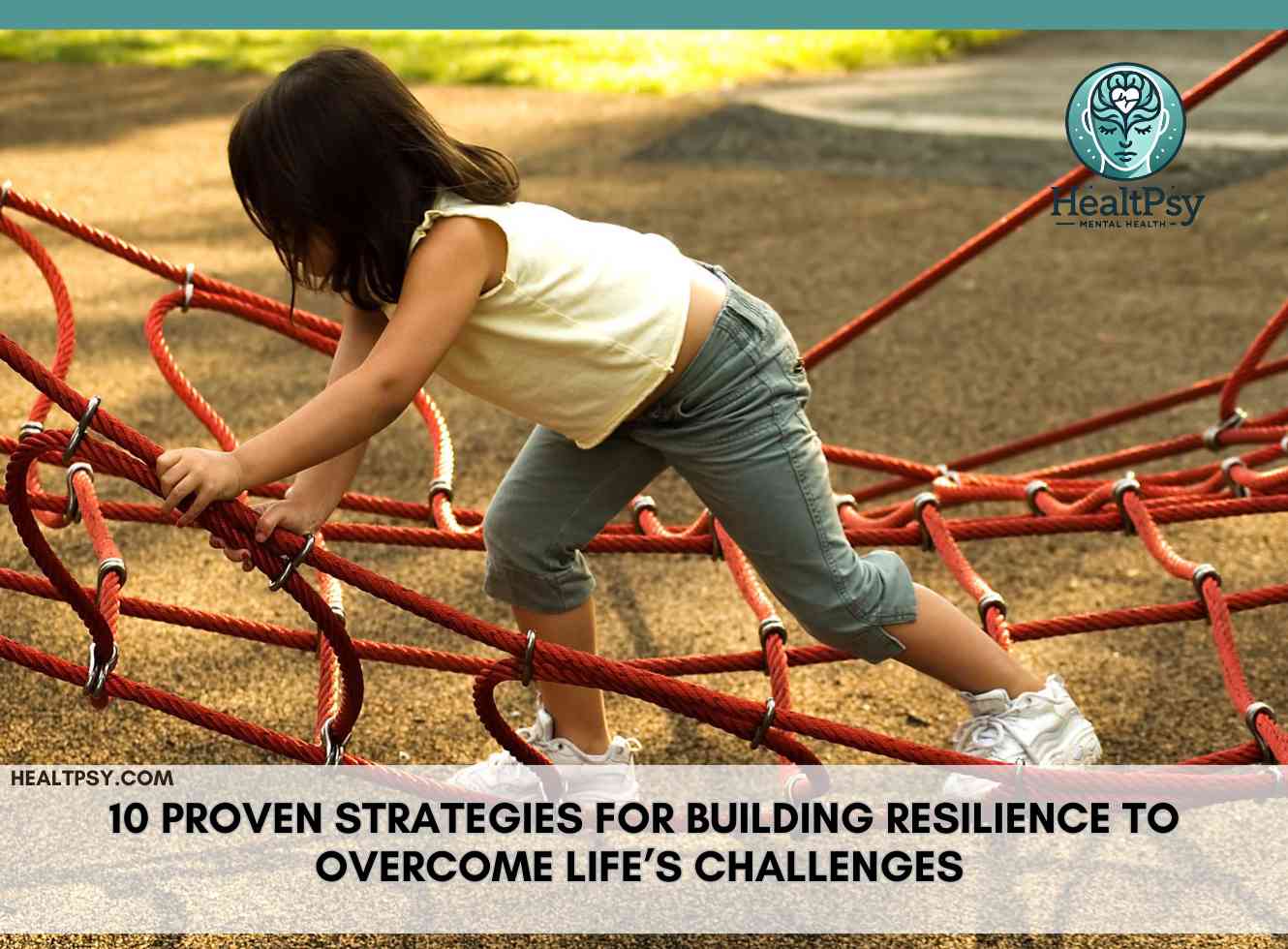How to Consult a Psychologist: A Comprehensive Guide
Why Consult a Psychologist?
Psychologists are trained professionals who help individuals cope with emotional, mental, and behavioral challenges. Common reasons to consult a psychologist include:
- Managing Stress: High levels of stress can lead to physical and mental health issues.
- Overcoming Anxiety and Depression: Therapy provides tools to manage these conditions effectively.
- Improving Relationships: Learning communication and conflict resolution skills can strengthen personal connections.
- Navigating Life Transitions: Major changes, such as career shifts or loss, can benefit from professional guidance.
Steps to Consult a Psychologist
1. Recognize the Need for Help
Acknowledging that you need professional support is the first step. Research shows that early intervention often leads to better outcomes. Consulting a psychologist early can make a significant difference in addressing mental health challenges. Remember, the sooner you seek help, the better the outcomes can be for your overall well-being.
2. Identify Your Goals
Clearly define what you hope to achieve through therapy. Are you looking to reduce anxiety, improve self-esteem, or develop coping mechanisms? Specific goals will help you find the right psychologist. When you consult a psychologist, make sure to discuss these goals openly.
3. Research Potential Psychologists
Start by gathering recommendations from trusted sources, such as:
- Primary Care Physicians: They often have a network of trusted mental health professionals.
- Friends or Family: Personal referrals can provide valuable insights.
- Online Directories: Platforms like the American Psychological Association’s (APA) directory or Psychology Today allow you to search for psychologists by location, specialization, and credentials. Consulting a psychologist through these platforms ensures a verified and qualified choice.
4. Verify Credentials
Ensure the psychologist is licensed and has the appropriate qualifications. Check for:
- A doctoral degree (PhD, PsyD, or EdD)
- State licensure
- Specialized training or certifications relevant to your needs
5. Consider Practical Factors
Location, cost, and availability are crucial when choosing a psychologist. These practical considerations are vital when you consult a psychologist to ensure compatibility.
6. Schedule an Initial Consultation
Most psychologists offer a preliminary session to discuss your needs and assess compatibility. During this session, you can ask about their therapeutic approach, discuss your goals, and evaluate whether you feel comfortable and understood.
7. Commit to the Process
Therapy is most effective when approached with commitment and openness. Your active participation is key to achieving the desired outcomes.
What to Expect in Therapy
Therapy varies based on individual needs and the psychologist’s approach. Common elements include assessment, goal setting, intervention, and evaluation. This ensures that every step of the process is personalized to meet your specific challenges and objectives.
Tips for Maximizing the Benefits of Therapy
- Be Honest: Transparency helps the psychologist tailor their approach to your needs.
- Set Realistic Expectations: Change takes time and effort.
- Practice Patience: Consistency is key to long-term improvements.
When to Seek a Different Psychologist
If the therapist-client relationship isn’t working, it’s okay to consider consulting a different psychologist. Compatibility is a crucial aspect of effective therapy.
Conclusion
Consulting a psychologist is a powerful step towards achieving mental well-being. Make the decision today and take charge of your mental health journey. Remember, seeking help is a sign of strength and resilience.
Resources
you might also like





